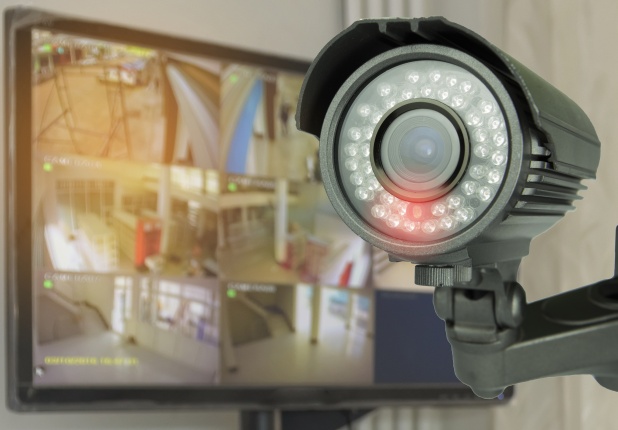When The Timing of Your Spoliation Motion Can Be As Important As Its Substance
A motion for an adverse inference was denied in Pratt v. Robbins, et al. where Defendants failed to preserve or produce a video that might have contained pivotal evidence going to the heart Plaintiff’s civil rights claim for excessive force. Plaintiff argued that Defendants spoliated evidence by failing to produce the video footage that may have recorded the use of force at issue. A party seeking spoliation sanctions bears the burden of proving all of the elements of Rule 37(e), and under Fourth Circuit precedent is generally held to a clear and convincing standard. Plaintiff’s decision to suddenly cry foul on the eve of trial did not go over well with the Court.


